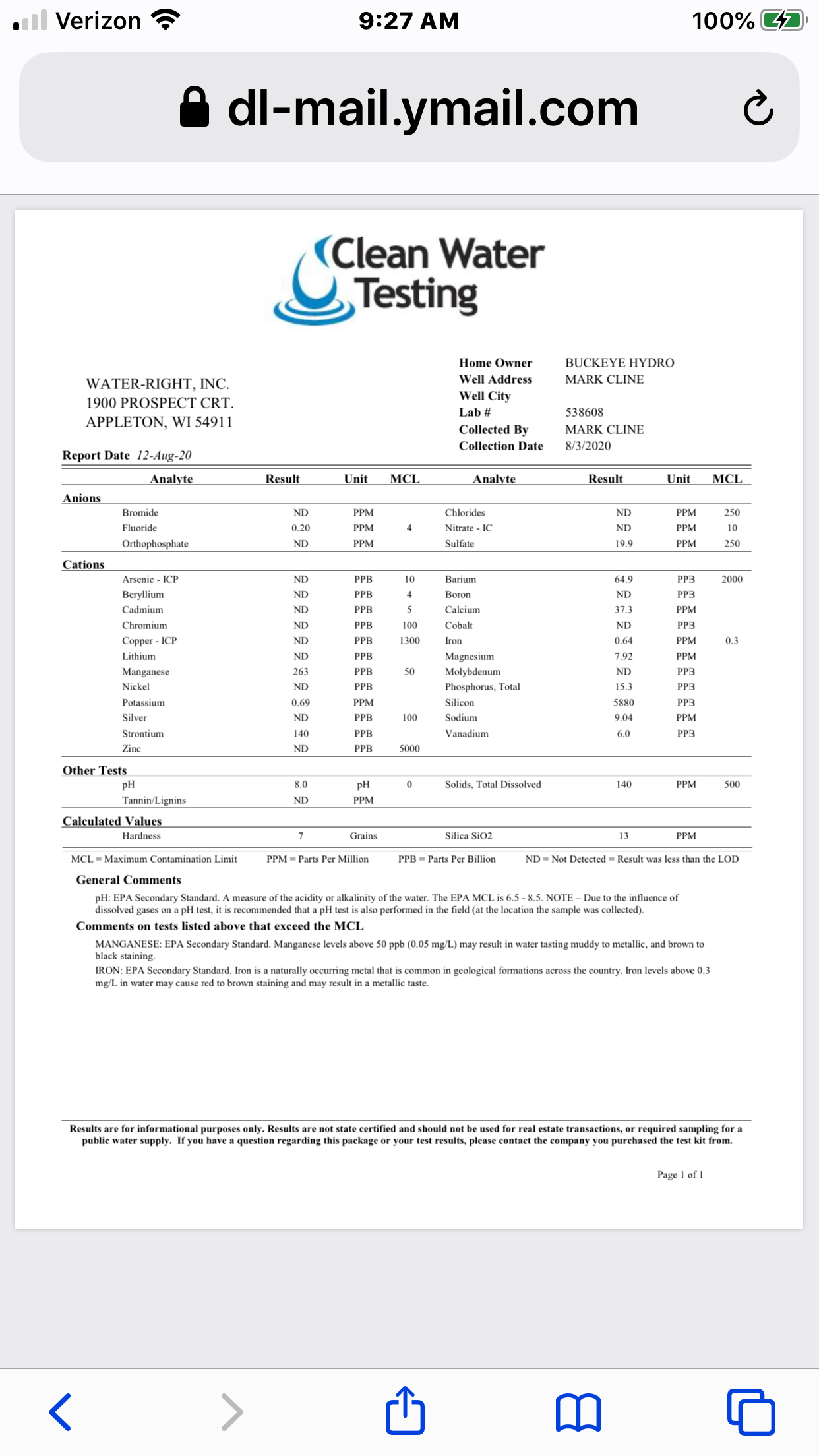ru41285
Active Member
So I've been brewing for ages using my municipal water which has always been pretty good but about a year ago I moved to a new house with well water that runs through a water softener. All of my water, including my outdoor spigots, runs through the softener.
I've read that softened water is no good for brewing so for the past year I've been buying gallons of distilled water and building up my minerals each time. It's worked well but it's getting really old and annoying having to buy water everytime I want to brew.
Does anyone brew with softened water and if so, how is it? Or is anyone else in the same scenario as me and have a more convenient solution than buying gallons of water each time?
Thanks in advance.
I've read that softened water is no good for brewing so for the past year I've been buying gallons of distilled water and building up my minerals each time. It's worked well but it's getting really old and annoying having to buy water everytime I want to brew.
Does anyone brew with softened water and if so, how is it? Or is anyone else in the same scenario as me and have a more convenient solution than buying gallons of water each time?
Thanks in advance.














































![Craft A Brew - Safale S-04 Dry Yeast - Fermentis - English Ale Dry Yeast - For English and American Ales and Hard Apple Ciders - Ingredients for Home Brewing - Beer Making Supplies - [1 Pack]](https://m.media-amazon.com/images/I/41fVGNh6JfL._SL500_.jpg)











